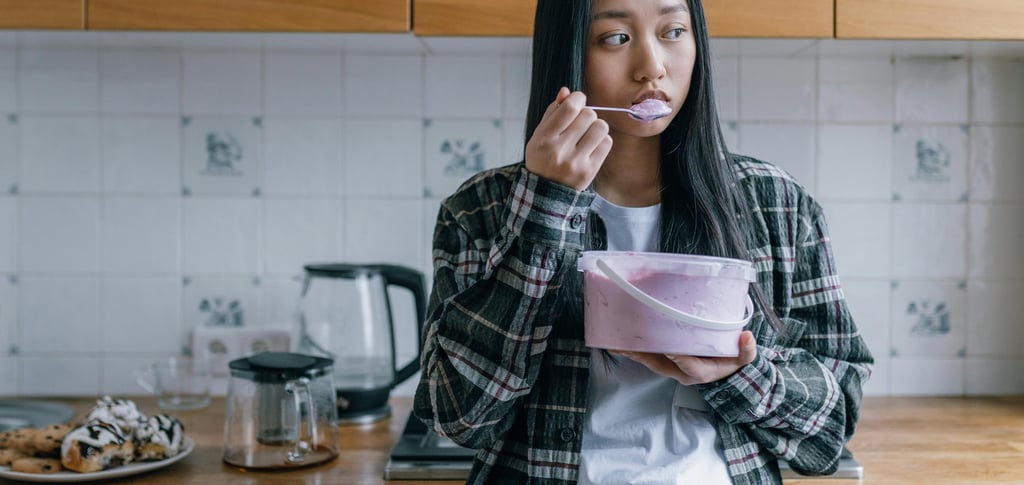The Link Between Emotional Eating and Belongingness: Insights from Brené Brown's Research
MENTAL HEALTH
Beverly Carey
9/6/20252 min read


In today's fast-paced world, many people turn to food for comfort, seeking solace in the midst of stress, loneliness, or emotional turmoil. This phenomenon, known as emotional eating, can have detrimental effects on both physical and mental well-being. In this blog post, we will explore the connection between emotional eating and the concept of belongingness, as studied by renowned researcher Brené Brown.
Understanding Emotional Eating:
Emotional eating refers to the tendency to consume food in response to emotional triggers rather than physiological hunger. Common triggers include sadness, anxiety, boredom, and even happiness. When individuals experience negative emotions, they often seek relief through eating, as food can temporarily provide a sense of comfort and distraction. This may be an effective short-term strategy for relieving negative emotions, however, it can have negative psychological consequences such as shame, anxiety, and a sense of being out of control.
Belongingness and Emotional Eating:
Brené Brown, a renowned social scientist and researcher, has extensively explored the concept of belongingness and its impact on our emotional well-being. Belongingness refers to the innate human need to feel connected, accepted, and valued within social groups. Human are social creatures, and we need to have meaningful relationships with others to feel fulfilled. When individuals lack a sense of belongingness, they may experience feelings of loneliness, isolation, and vulnerability.
Research suggests that emotional eating can arise as a coping mechanism for those who struggle with a lack of belongingness. When individuals feel disconnected, they often seek solace in food as a means to fill the emotional void. Food provides temporary relief and creates a sense of familiarity and comfort, serving as a substitute for genuine emotional connections. However, this coping mechanism is short-lived, as the underlying issue of belongingness remains unresolved.
Breaking the Cycle:
Recognizing the connection between emotional eating and belongingness is an essential step toward breaking the cycle. Instead of relying on food as a source of comfort, it is crucial to address the root cause of emotional distress—feelings of disconnection and the need for authentic human connection. This can be achieved through various means, such as engaging in meaningful social interactions, seeking support from loved ones, or joining community groups that align with personal interests and values.
Some emotional eating is ok:
Eating foods that you love is part of fully experiencing life. Food is associated with memories, family & social events, and cultures. It is so much more than biological fuel (even though the biology of food is important!). I don’t want to ever shame anyone for obtaining pleasure and comfort from food. The fact that food improves the emotional experience is part of the human existence. If you have a tendency to overeat and gain weight, a first step is try to limit your emotional eating to smaller amounts, however, give yourself permission to have a portion. A second step is to really taste and experience your food. Actively tasting the food will cause the response in taste centres in the brain to desensitize over time. Said another way, the more you taste and enjoy it, the more likely it is you will get sick of it and not overeat.
Emotional eating is a common response to feelings of loneliness and lack of belongingness. By understanding the link between emotional eating and Brené Brown's research on belongingness, individuals can take proactive steps to address the underlying emotional needs, fostering a healthier relationship with food and ultimately improving overall well-being.
Nutrition
Empowering you with straight-forward nutrition guidance.
Support
Health
help@therealdietitian.net
© 2025. All rights reserved.
AI may be used in some writing for sentence structure and paragraph organization. However, all ideas are based on my own clinical judgement and evidence-bases such as scientific studies and professional guidelines.